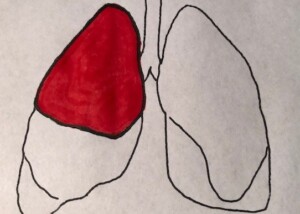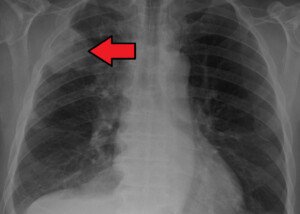It’s been said that smoking undoes any jogging or running, or that it’s useless to run if you’re a smoker.
Nothing could be further from the truth.
You can’t really believe that a smoker’s body will be exactly the same – whether he smokes only, or whether he smokes and is a runner.
No body is unaffected by vigorous physical activity – whether its lungs are polluted by cigarette smoke or some other deleterious agent is at play, such as a junk food diet or excess belly fat.
Research shows what common sense says: Vigorous activity, such as running, improves the lung function of smokers.
So if you’re a smoker, don’t EVER feel that donning some running shoes and going out for a jog is a pointless thing to do.

The Study
• Over a period of 10 years, 3,912 adults 27 to 57 were tracked.
• They were deemed active if they exercised at least twice a week with duration of one hour per week minimum.
• Associations between exercise and lung function were apparent among current smokers.
The paper points out that smokers are at a higher risk of poor lung function, and that physical activity such as running is very important for them.
Another key finding was that subjects who were physically active at the study’s conclusion, including those who started out sedentary during the tracking period and then became active, had much greater lung function than participants who were sedentary.
There is an undeniable correlation between exercise and lung health – and this includes among smokers.
Look at it this way: Suppose there are identical twins with the same diet, same weight and same lifestyle, including smoking the same number of cigarettes (same brand) a day.
But one twin runs five miles a day. Is it really plausible that the twin who runs can’t possibly have much better lung function than his sedentary genetic counterpart?
Another Point to Consider
“Yes – it [running] will improve lung function and also motivate smokers to cut down as they sense their loss of fitness and how good it feels to get more fit,” says Richard Honaker, MD, Chief Medical Advisor at Your Doctors Online, with 30+ years’ experience as a primary care physician.
“Though, it does NOT nullify the damage from smoking unless it causes quitting,” adds Dr. Honaker.
The full study results are in the Feb. 2018 issue of Thorax.


 Dr. Honaker
Dr. Honaker 







































